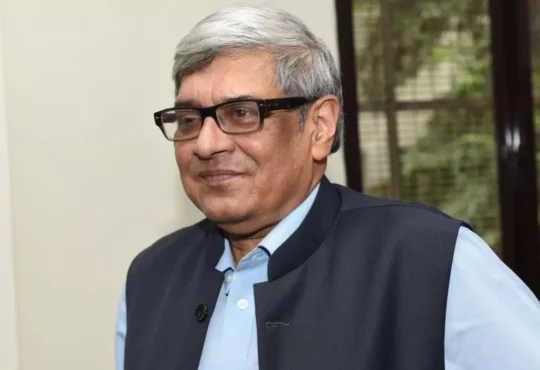
Samsung Electronics, once well-positioned to capitalize on the AI surge, is now facing a significant downturn, losing approximately $122 billion in market value since July—a 32% drop that marks the steepest decline among leading global chipmakers this year, according to a Bloomberg analysis. The rapid descent underscores the hefty toll of lagging in a fast-evolving AI sector.
Key areas of concern include Samsung’s delays in AI memory technology, where competitors like SK Hynix are advancing rapidly, and outsourced chip manufacturing, a field dominated by Taiwan Semiconductor Manufacturing Co. (TSMC). This combination of setbacks has led foreign investors, who once regarded Samsung as a stable investment, to retreat, selling off roughly $10.7 billion in Samsung shares since July.
Portfolio manager Sat Duhra at Janus Henderson Investors notes that although Samsung’s current valuation is attractive, he remains hesitant to reinvest, having cut his position by more than half since July. While Samsung’s profits have traditionally been tied to consumer electronics, its semiconductor division has become the main driver of earnings in recent years. Now, as the demand for high-bandwidth memory (HBM) chips—vital for AI processing—grows, Samsung’s delays in development are putting additional pressure on its revenue.
Earlier this month, Samsung acknowledged delays in releasing its latest HBM chips, even as SK Hynix and Micron Technology ramp up their production to keep pace with the soaring demand. Samsung’s challenges extend beyond AI memory technology, as it faces the ongoing struggle to catch up with TSMC in outsourced chip production, a battle that has driven Samsung to cut staff and reexamine its strategy amid TSMC’s and Nvidia’s market success.
Leadership stability is also under the microscope, with executive chairman Jay Y. Lee, who took the role two years ago, navigating the company through this challenging period. Investors are closely watching for strategic management changes that could reverse Samsung’s current trajectory. Earlier this year, Samsung appointed Jun Young-hyun, a seasoned memory chip expert, to lead its semiconductor division, but analysts suggest that more substantial measures may be needed to restore investor confidence.
As Samsung’s stock hovers near recent lows, investor sentiment remains cautious. Asset manager Park Jinho from NH-Amundi has reduced his Samsung holdings, remarking that despite some leadership changes, there is little evidence of transformative improvements. As Samsung’s obstacles grow, investors like Park are increasingly shifting their focus to SK Hynix, viewing it as a better-positioned contender to leverage the AI-driven boom in the technology sector.








